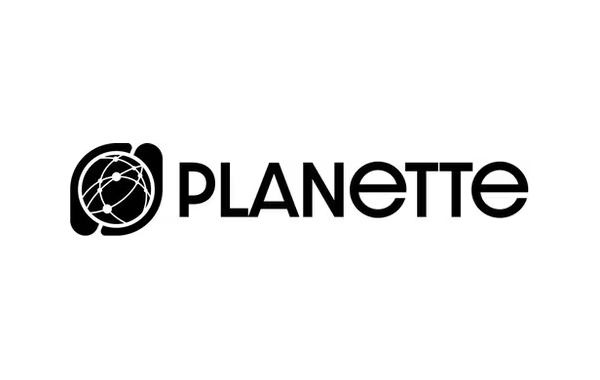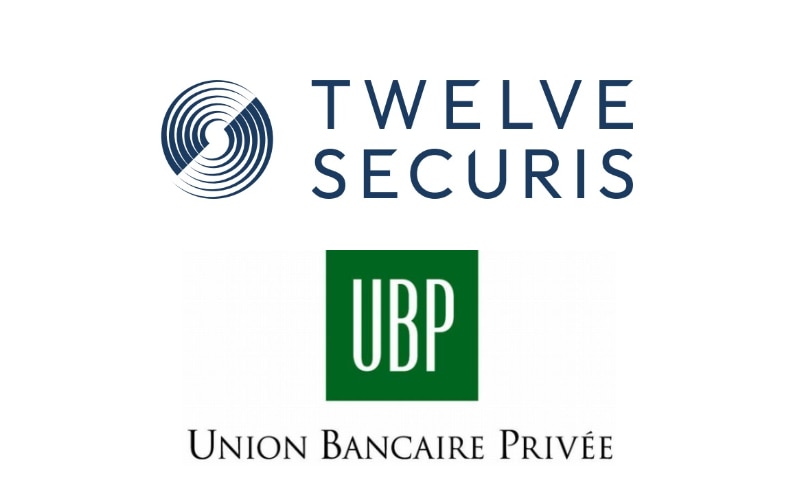
Technology advancements promise to transform modelling and analysis of weather and natural catastrophe perils and Planette, a company focused on long-range weather prediction technology, is aiming to provide more accurate forecasts and detect severe weather events weeks to six months in advance using its QubitCast system.Planette has been selected by US space agency NASA to develop QubitCast, which it explains as “a next-generation forecasting system, powered by artificial intelligence (AI), that will improve long-range or subseasonal-to-seasonal (S2S) weather predictions (forecasts ranging from two weeks to two years) beyond current limitations, with a focus on extreme weather detection capabilities.” The system is expected to provide early warning signals to inform planning and preparedness for high-impact severe weather events, something that if achieved will be of deep interest to insurance, reinsurance and insurance-linked securities (ILS) market participants.The company explained, “Unlike conventional weather modeling, which is limited to 10 days of lead time, Planette’s layering of several physics-based models and AI enables its forecasts to extend beyond this short window.Planette combines atmospheric data with ocean and land inputs and couples this modeling approach to fill a critical information gap between traditional short-term weather predictions and long-term climate projections, up to one year into the future.
“With QubitCast, Planette is utilizing algorithms inspired by quantum physics, such as the ability to explore multiple possibilities in parallel.The breakthrough will allow the company to process data more efficiently and uncover hidden weather patterns with greater accuracy, delivering more timely and actionable forecasts without relying on the still-emerging hardware for quantum computing.” Planette has received a Small Business Innovation Research (SBIR) grant through this work with NASA, building on previous funding that helped it to develop NIVA, a foundational AI model for Earth system analysis while is has also opened long-range weather forecasts to the public through a system called Eddy as well.But this new QubitCast sounds more applicable to the reinsurance and ILS community, through its focus on being able to forecasts high-impact severe weather well in advance of where traditional weather models attempt this.
In addition, QubitCast is being developed to use less computing power than the massive physics-based simulation models that power traditional weather models, or other AI models that require significant computing resources due to the complexity of the data utilised.Taking a quantum-inspired approach, QubitCast aims to “uncover hidden patterns in how Earth’s systems interact” to use less energy and compute, while delivering improved detection for early warning of extreme weather events.“Too many critical decisions are made in the dark because reliable long-range forecasts simply haven’t been available,” explained Dr.
Hansi Singh, co-founder and CEO of Planette.“QubitCast changes that equation by making S2S forecasting not just more accurate but practical to deploy at scale when making highly consequential decisions.Whether it’s farmers planning crop cycles, emergency managers preparing for hurricane season, or energy companies managing grid stability, this technology provides the lead time needed to act proactively rather than reactively.” “Planette is one of the first companies to take these methods beyond theory and apply them to weather and climate,” added Dr.
Kalai Ramea, co-founder and Chief Technology Officer of Planette.“You can think of it like reading the entire history of Earth’s systems all at once.Instead of slowly scanning year by year and missing critical details, our approach allows us to spot anomalies, those needles in the haystack that signal extreme weather events, much faster and more accurately than traditional AI models ever could, while using far less energy.” While we can’t vouch for the accuracy of Planette’s still in-development system, these are the kind of technological advancements that could, in future, make a meaningful difference both to how society plans for and responds to impending weather disasters, and how the insurance, reinsurance and ILS market cover the risks and hedge against them.
Technology like this is also going to be in-focus for investors that have weather and climate related exposure embedded in their portfolios of traditional assets, from real estate to equities.What will be particularly interesting as these types of technology come into use, is how risk and capital markets leverage these insights to both provide better insurance protection, as well as protect themselves and their assets against weather impacts.More advanced and earlier insights into impactful weather events will also be useful to those managing portfolios of ILS instruments that have exposure to weather and climate related perils as well.
We’re a long way off ILS specialists making portfolio or hedging decisions based on severe weather insights of this kind.But, the promise of more accurate forecasts of distant events using advanced tech is something that this industry will certainly be tracking over the coming years.Once the technology is mature and proven we can definitely expect to see longer-range predictions playing a role in reinsurance planning and perhaps also trading..
All of our Artemis Live insurance-linked securities (ILS), catastrophe bonds and reinsurance can be accessed online.Our can be subscribed to using the typical podcast services providers, including Apple, Google, Spotify and more.
Publisher: Artemis








